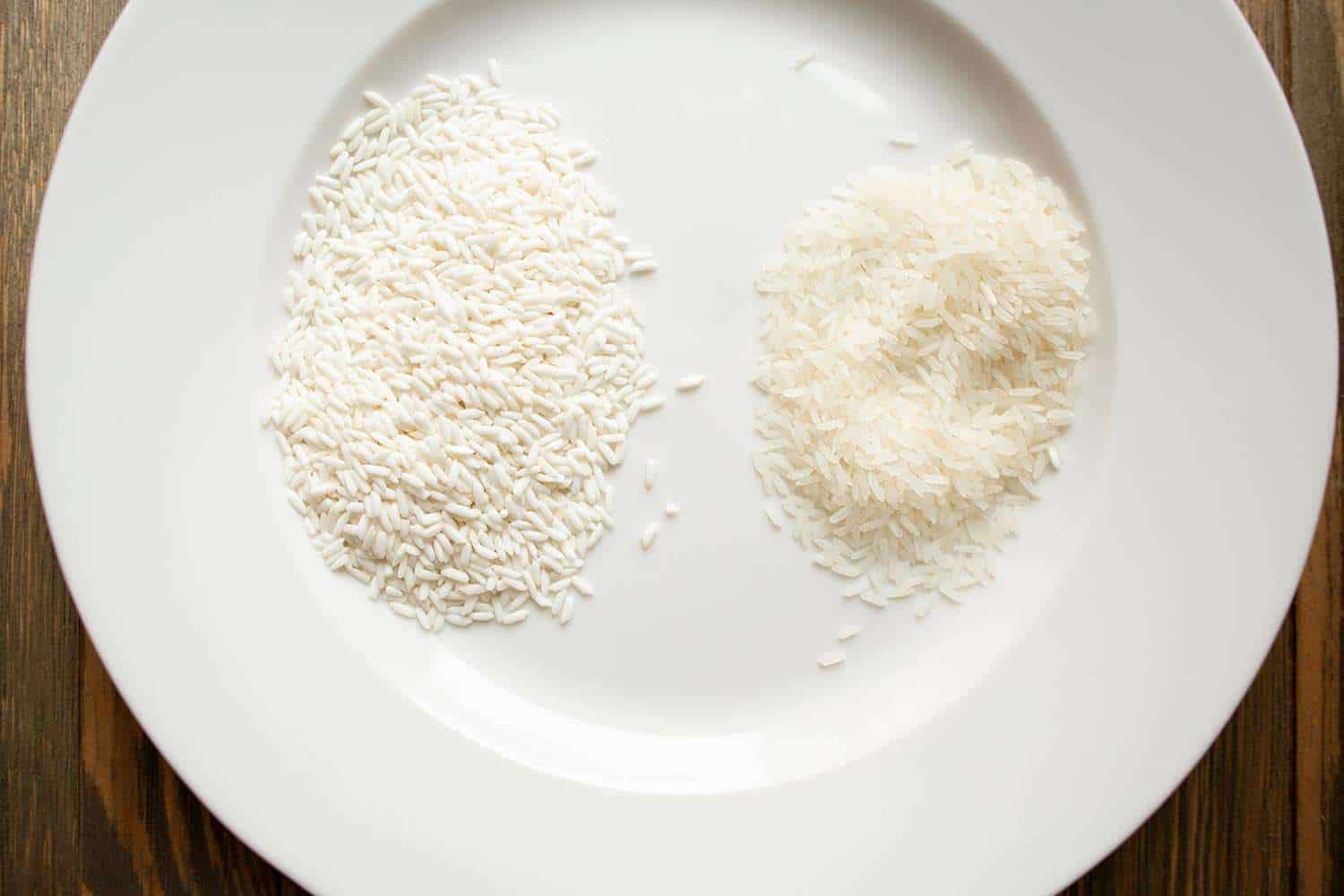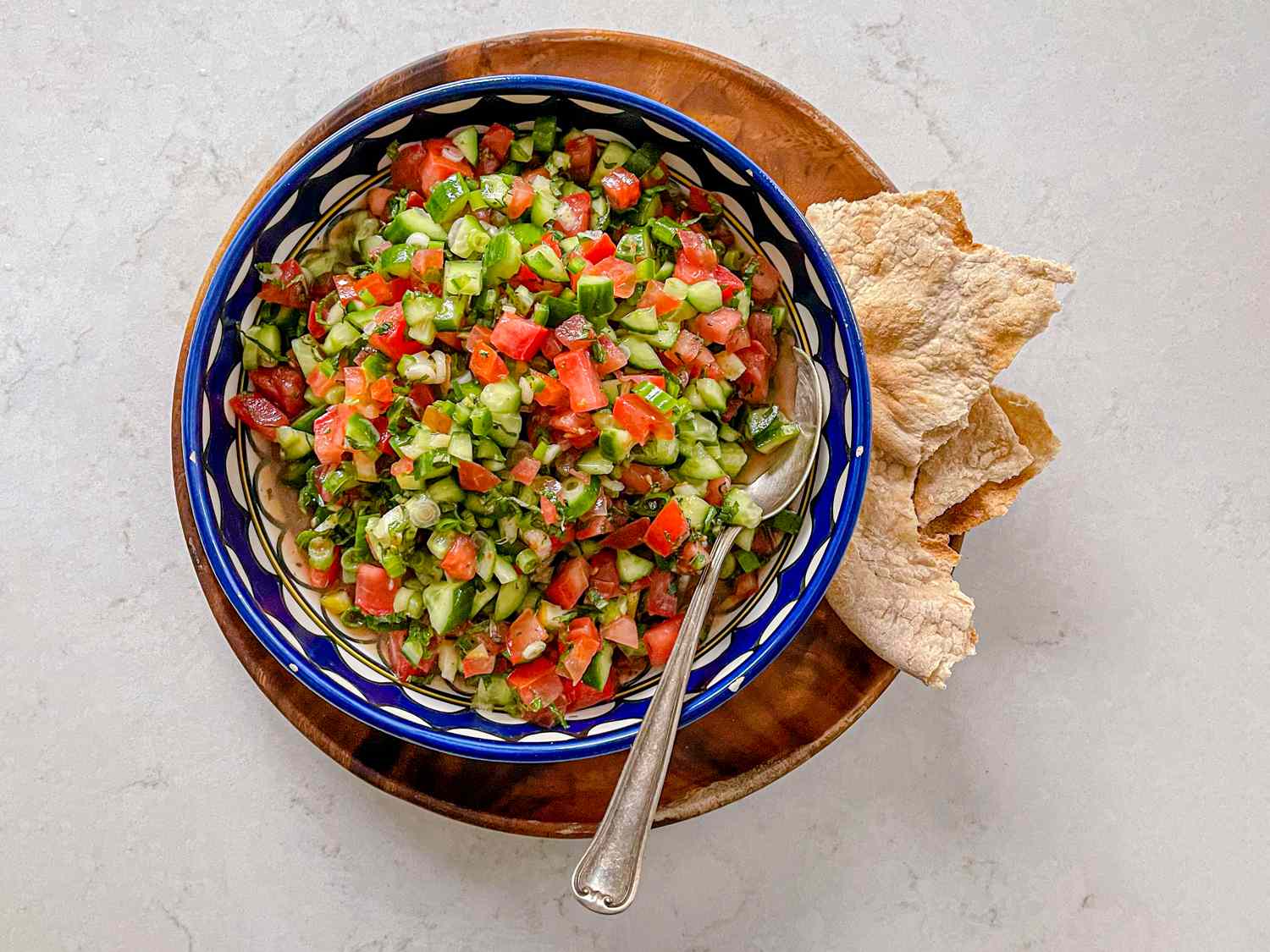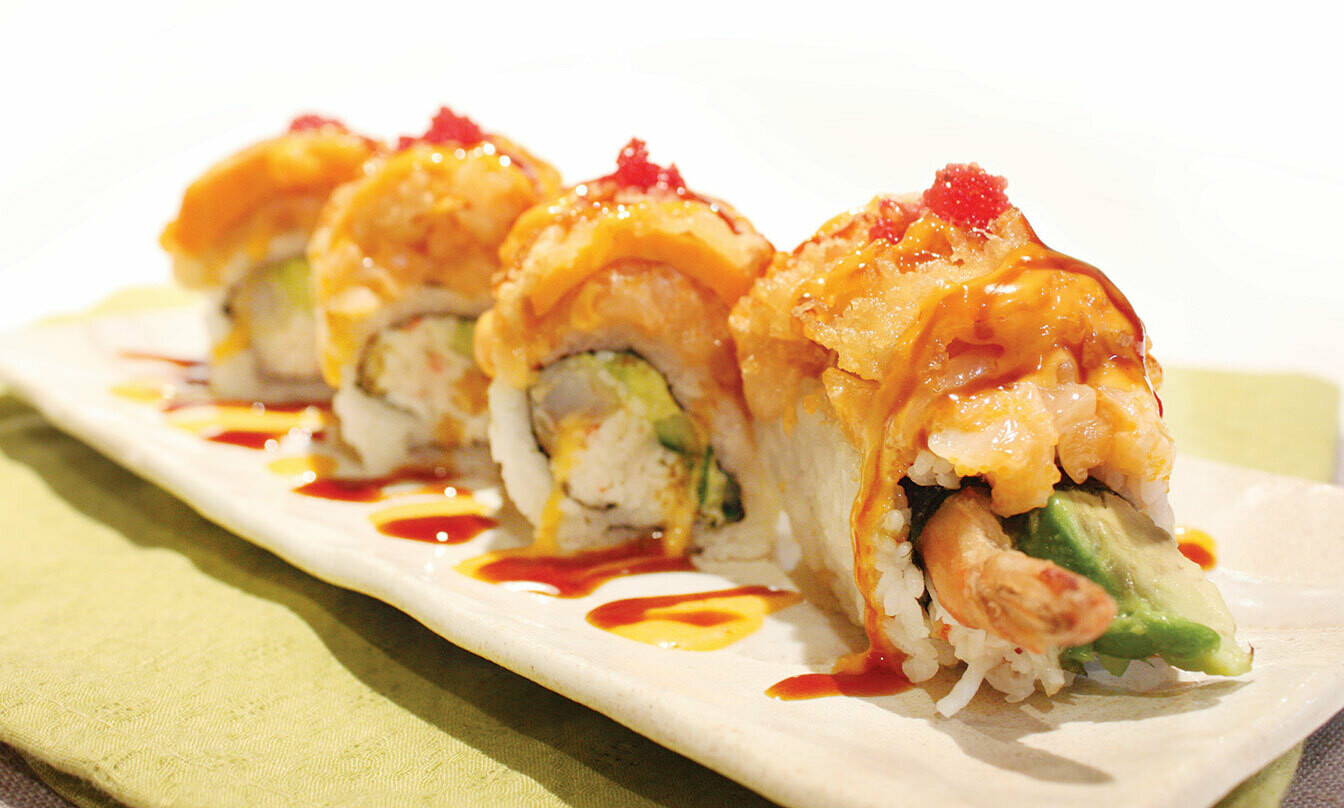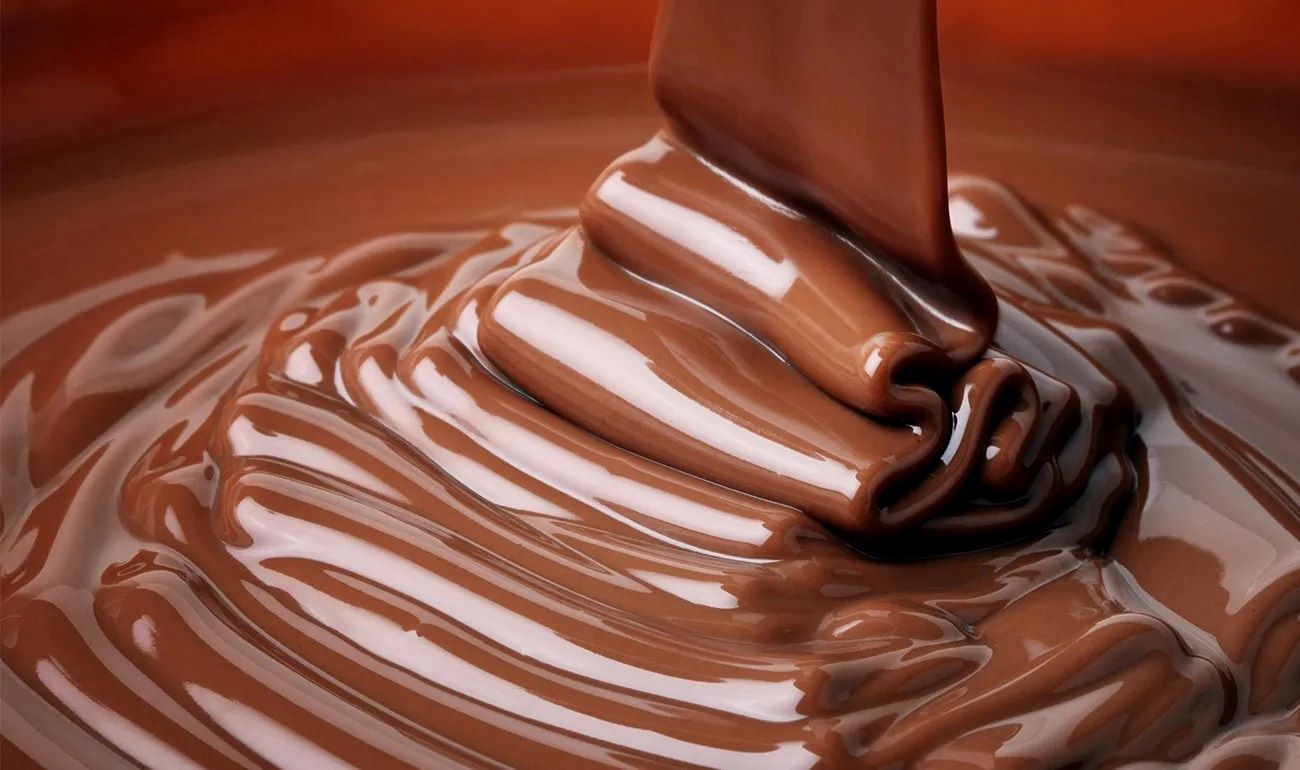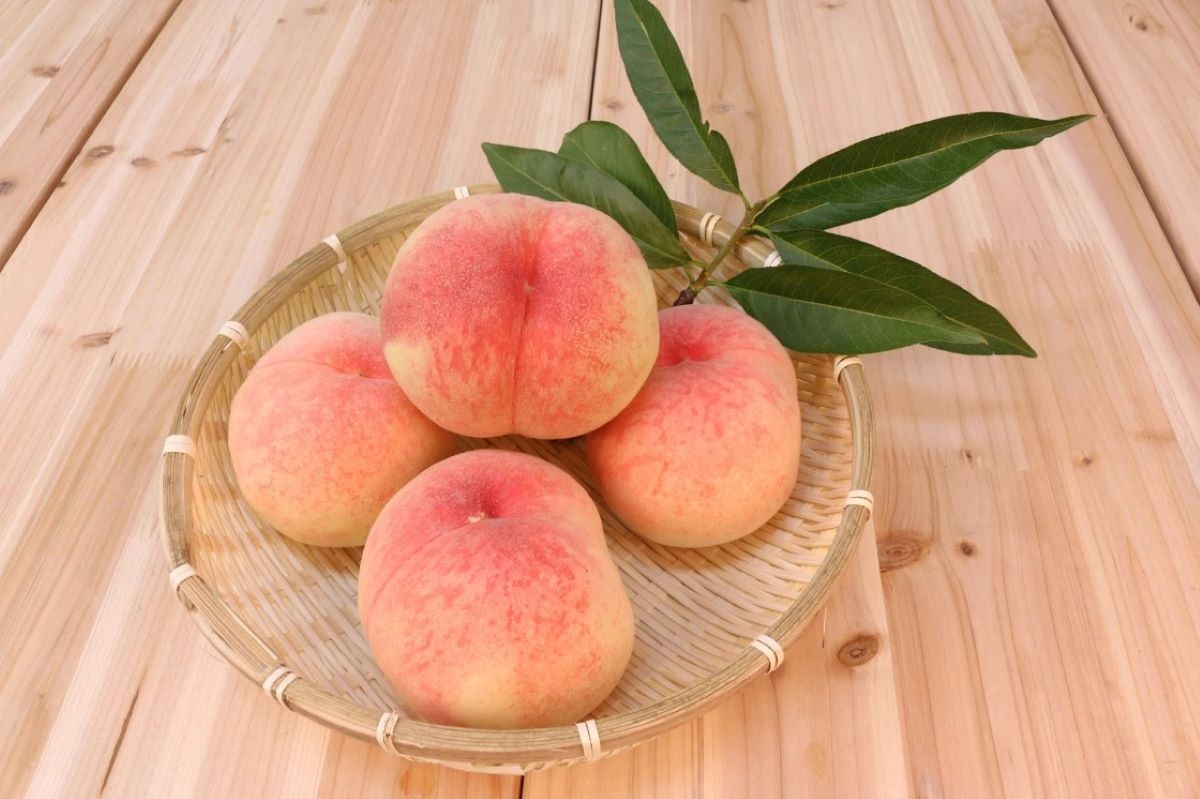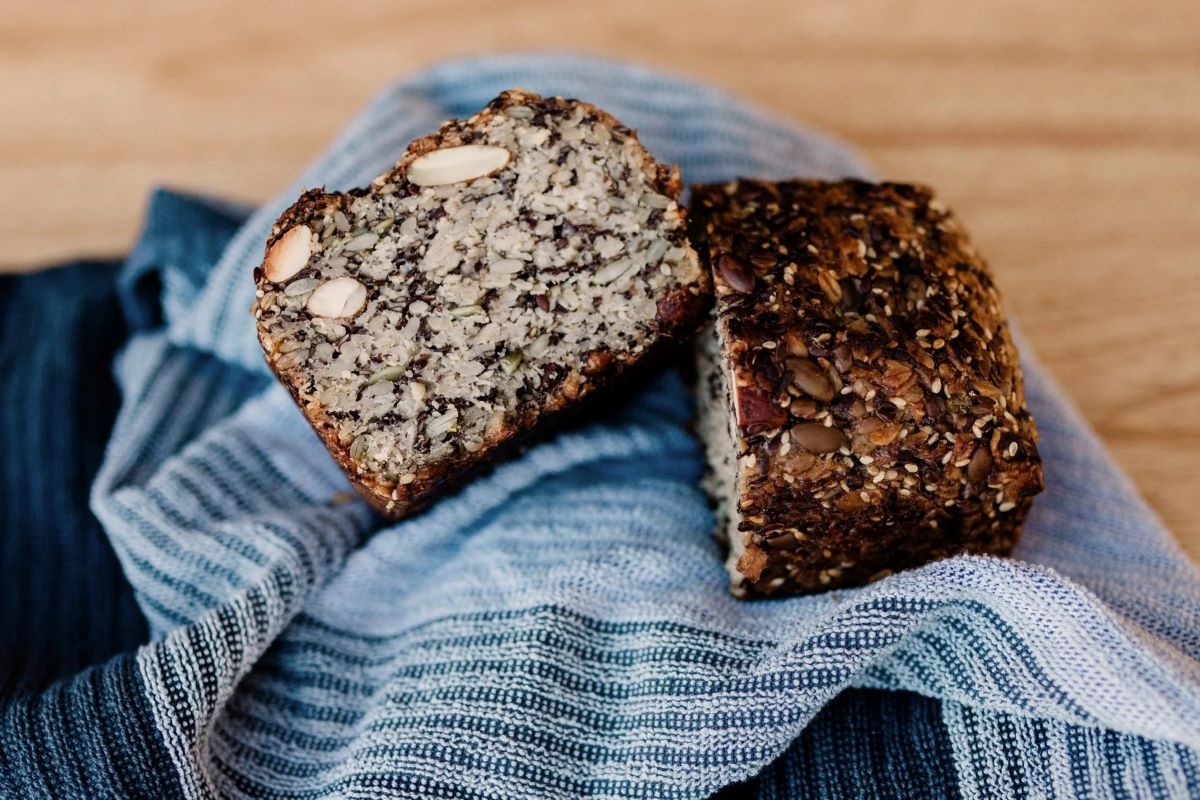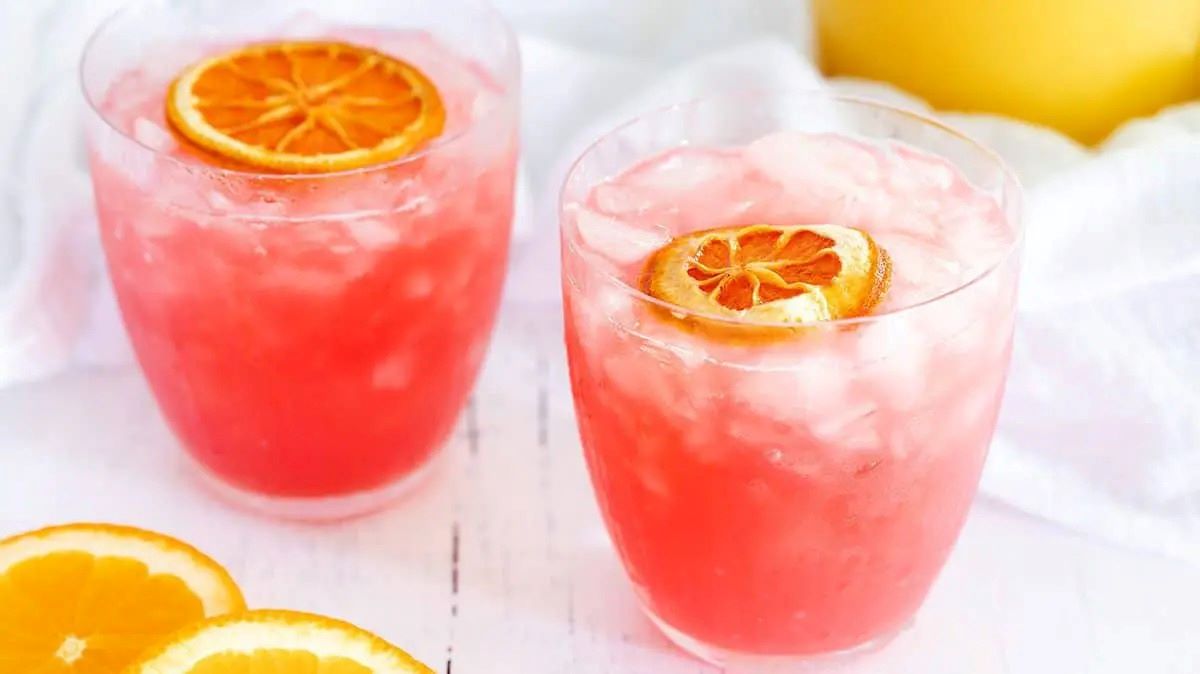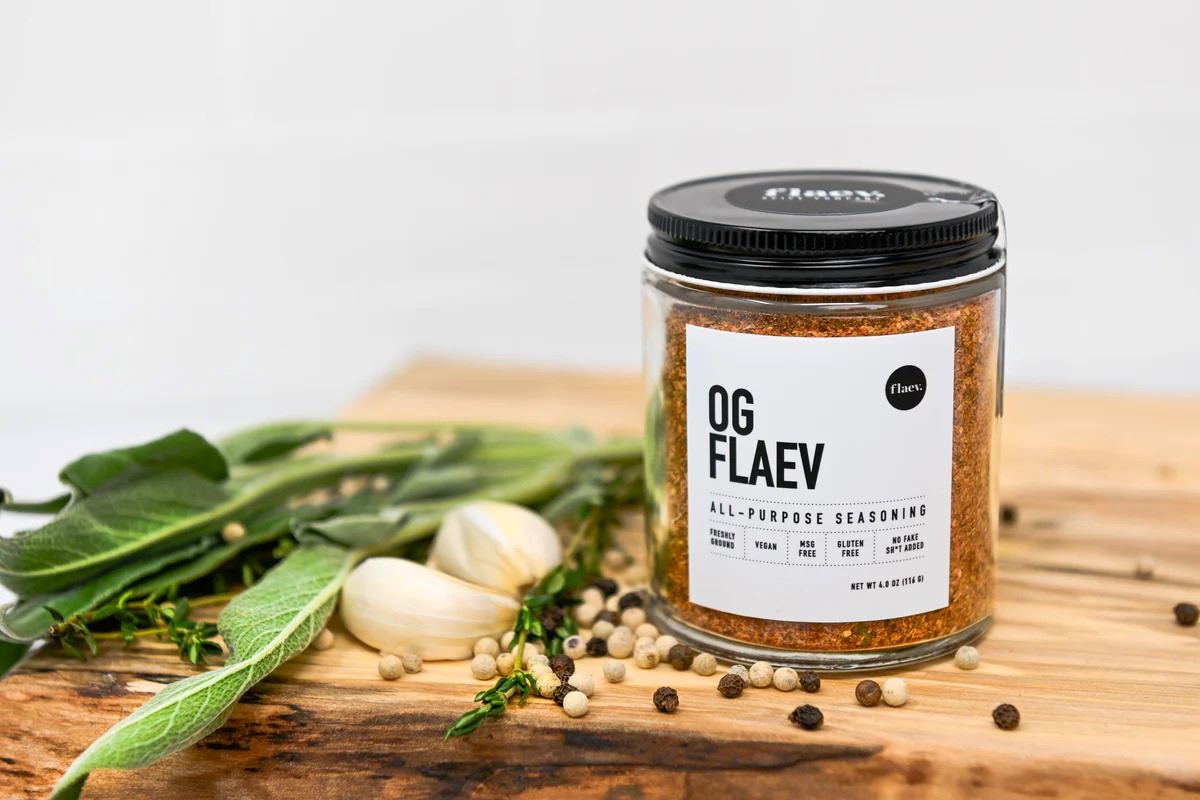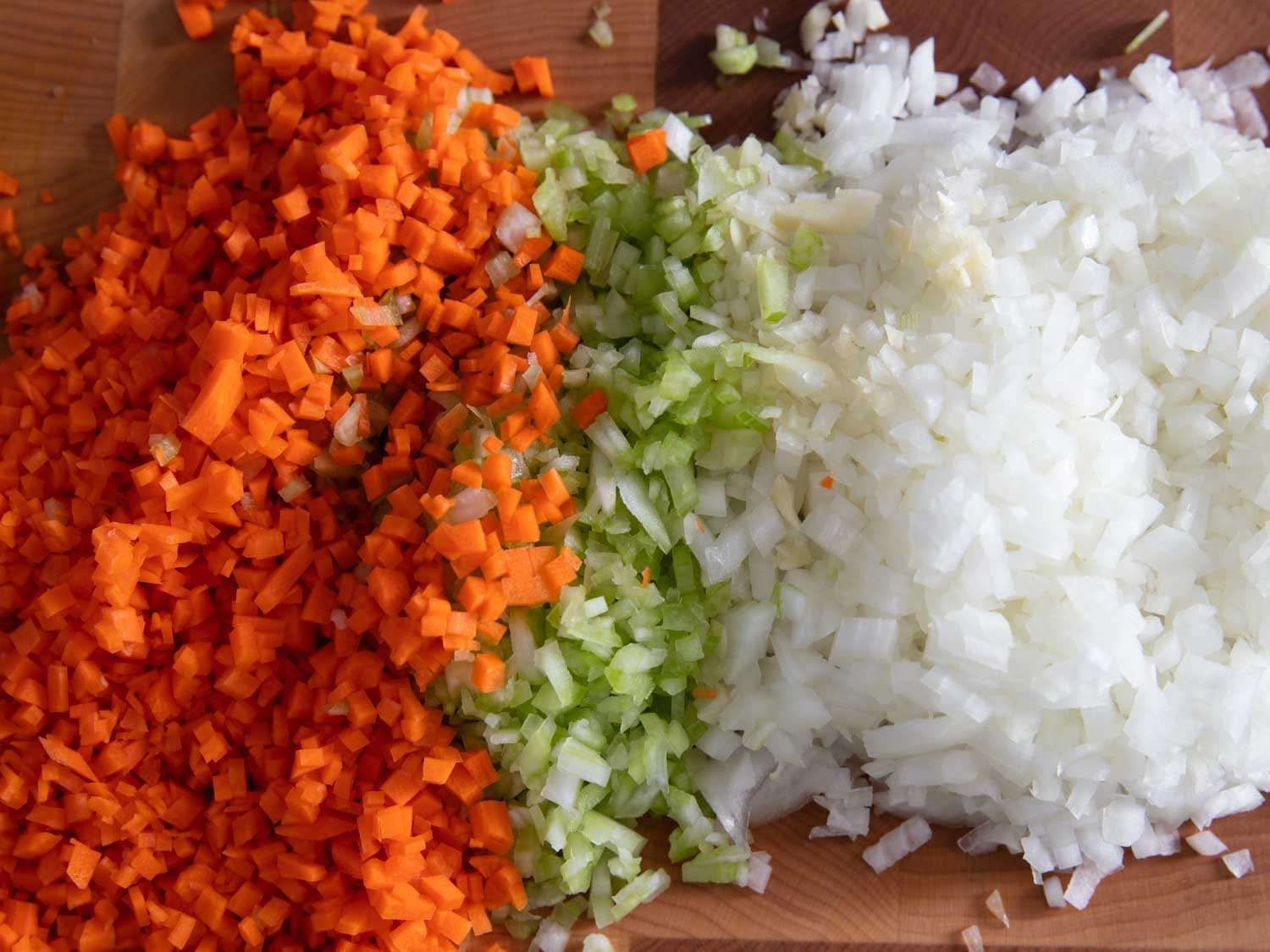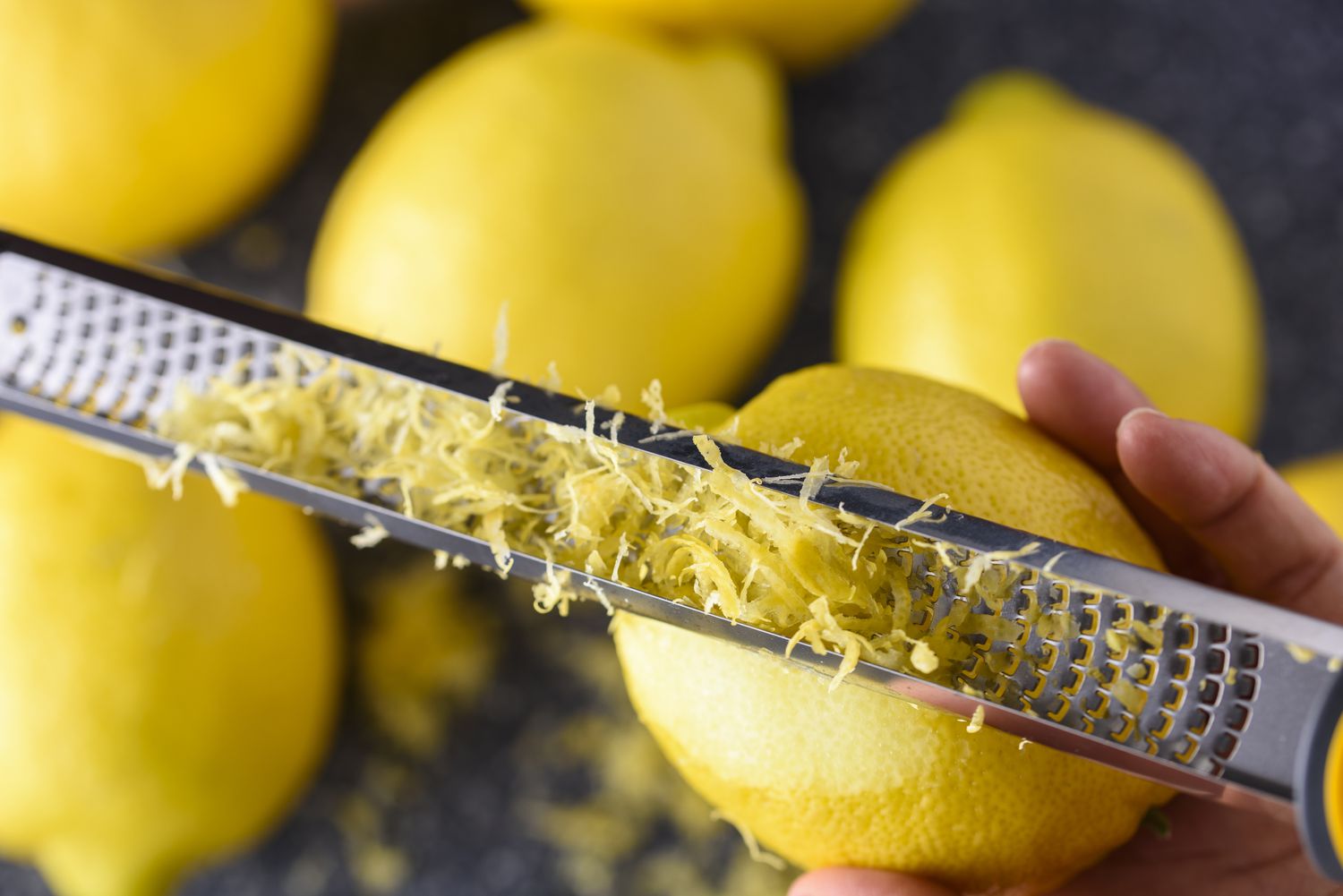Understanding Meat Tenderizer Powder
Meat tenderizer powder is a common kitchen ingredient that can work wonders in enhancing the texture and flavor of various meat dishes. But what exactly is meat tenderizer powder, and how does it work? Let’s delve into the details of this versatile culinary product.
What Is Meat Tenderizer Powder?
Meat tenderizer powder is a powdered form of enzymes, typically derived from fruits such as papaya and pineapple, that help break down the tough fibers in meat. These enzymes, most commonly papain and bromelain, work by breaking down the protein molecules in the meat, resulting in a softer and more tender texture.
How Does It Work?
When meat is marinated or coated with meat tenderizer powder, the enzymes in the powder start to break down the connective tissues and muscle fibers in the meat. This process, known as enzymatic tenderization, helps to tenderize the meat, making it easier to chew and digest.
Additionally, meat tenderizer powder can also help to enhance the flavor of the meat by allowing marinades and seasonings to penetrate more effectively, resulting in a more flavorful end product.
Benefits of Using Meat Tenderizer Powder
There are several benefits to using meat tenderizer powder in your cooking:
- Tenderizes Tough Cuts: Meat tenderizer powder is particularly useful for tough cuts of meat, such as flank steak or round steak, as it helps to break down the tough fibers, resulting in a more tender texture.
- Enhances Flavor: By tenderizing the meat and allowing marinades to penetrate more effectively, meat tenderizer powder can help enhance the flavor of your dishes.
- Reduces Cooking Time: Tenderized meat cooks more quickly and evenly, reducing the overall cooking time for your meals.
How to Use Meat Tenderizer Powder
Using meat tenderizer powder is simple and straightforward. Here’s how to use it effectively:
- Prepare the Meat: Before applying the meat tenderizer powder, ensure that the meat is clean and patted dry.
- Apply the Powder: Sprinkle the meat tenderizer powder evenly over the surface of the meat. Use approximately 1 teaspoon of powder for every pound of meat.
- Massage the Powder: Gently massage the powder into the meat to ensure even coverage.
- Marinate if Desired: Allow the meat to rest for 15-30 minutes to allow the enzymes to work their magic. You can also choose to marinate the meat with additional seasonings and flavors at this stage.
- Cook as Desired: Once the meat has been tenderized, cook it as desired, and enjoy the delicious, tender results.
Conclusion
Meat tenderizer powder is a valuable ingredient that can elevate the texture and flavor of your meat dishes. By understanding how it works and how to use it effectively, you can take your culinary skills to the next level and impress your family and friends with tender, flavorful meals.
Next time you’re faced with a tough cut of meat, consider reaching for the meat tenderizer powder to unlock its full potential and create a memorable dining experience.
Was this page helpful?
Read Next: What Is Mexican Chili Powder
